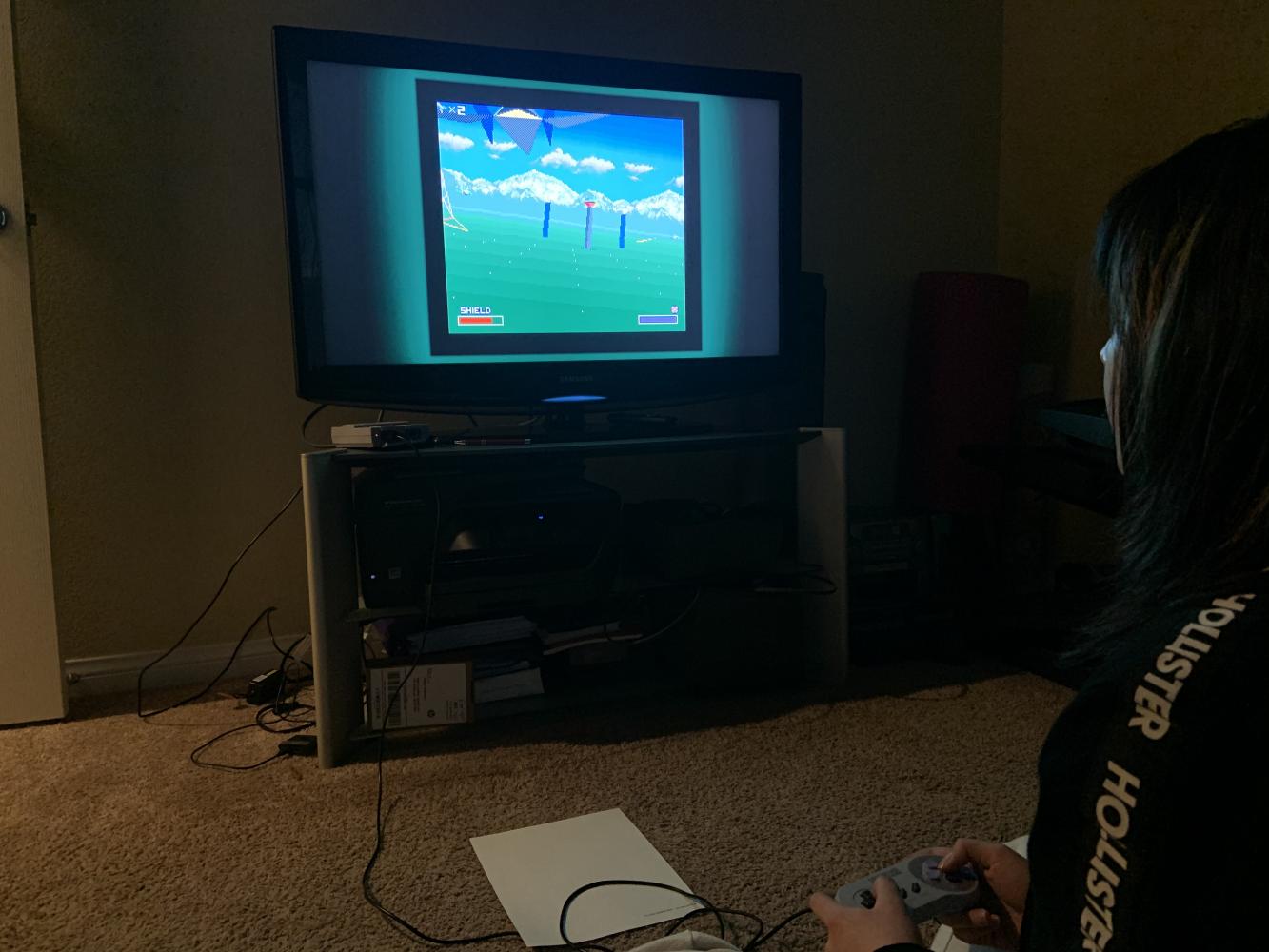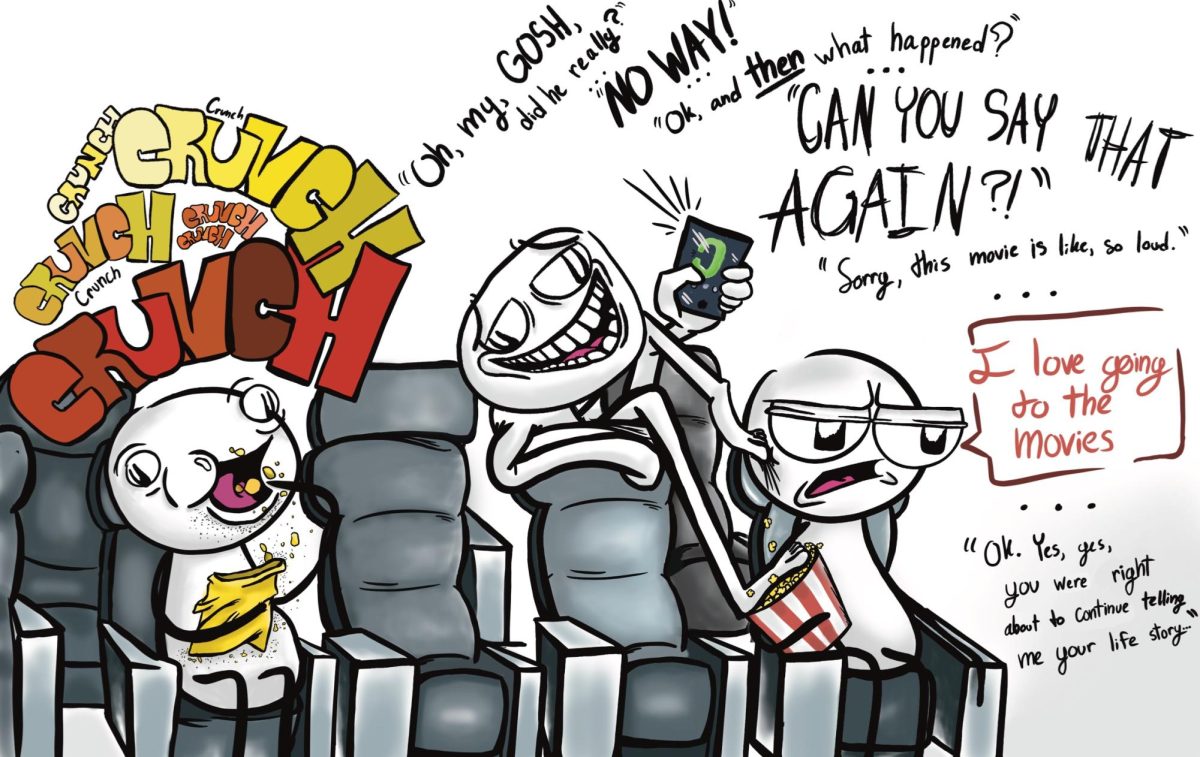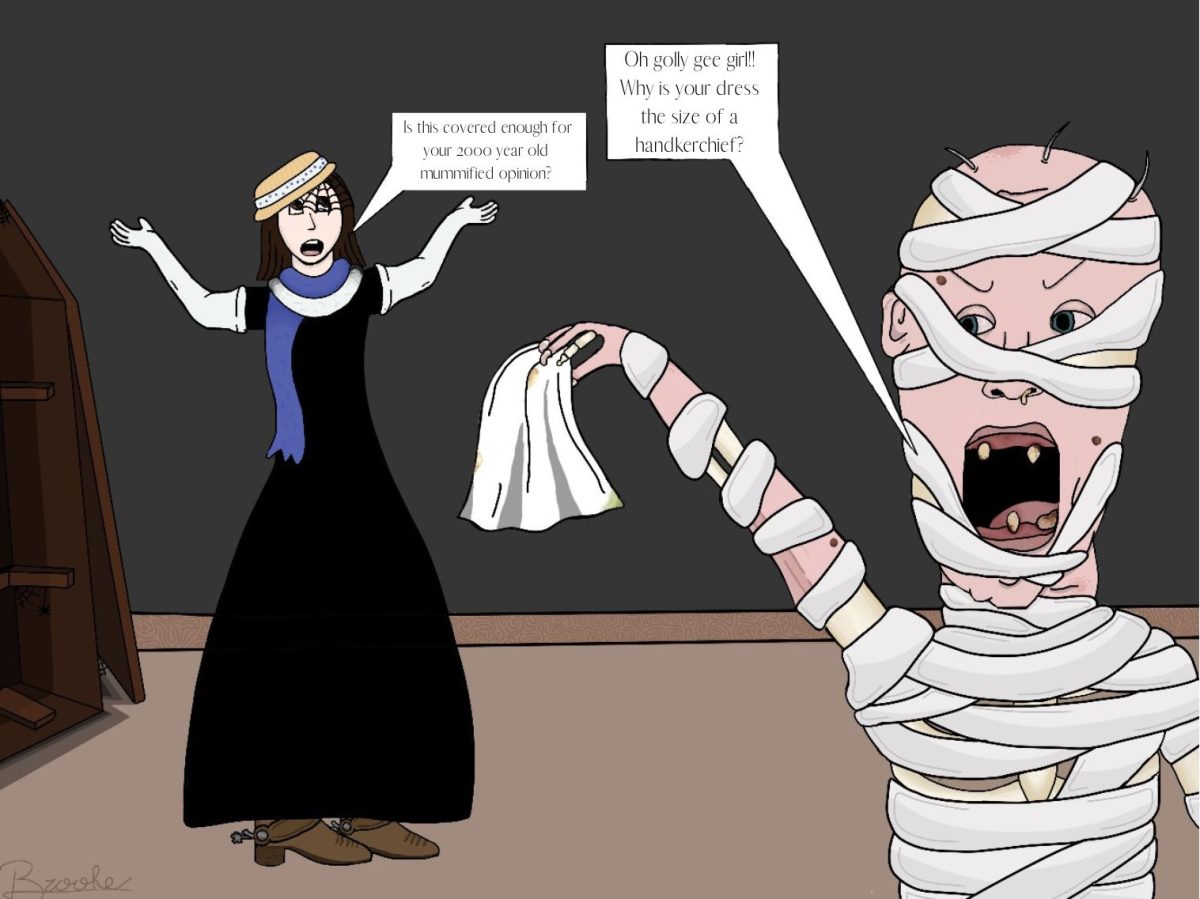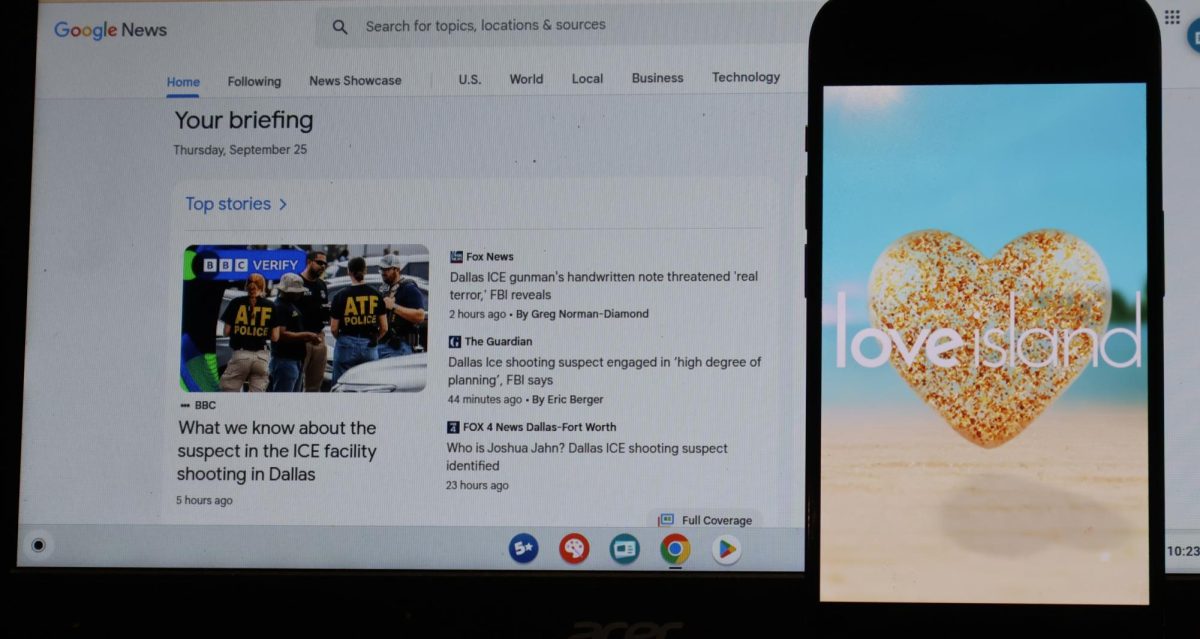It’s Saturday night, everyone is sleeping, the lights are off but the blue light from the television screen illuminates a series of credits and a “Thanks for playing” message appears. It’s now time to put the controller down. You turn your console off, finally deciding to concede to your irritated retinas and go to bed.
This is a scenario that almost every gamer has experienced. Yet, whenever someone wishes to express the dedication and love they feel for a video game, they are told “It’s just a game.” This isn’t anything new, as games have always been stereotyped as a waste of time or a hobby for the empty-minded. However, this simply isn’t the case. In this cruel and sometimes harsh world, video games have managed to enlighten the minds of gamers.
As someone who is highly sensitive and perhaps doesn’t handle life’s obstacles in the best way, video games have allowed me to escape and feel liberated. I mean why should I work on my chemistry project when I can be leading an army in Fire Emblem Fates?
On that note, life sucks but it sucks less when you think back on a precious memory, such as when you saw an amusing cutscene or finally defeated that boss (there’s always an annoying one) that was giving you a hard time. In many cases, video games serve as time capsules.
This phenomenon, known as nostalgia, helps people navigate through challenges. For example, when I’m stressed in school, I begin to relax when I look back on when I was six years old and would play “Mario Kart Wii” with my brother till the sun came up. Those were simpler times and in all honesty, I’d like to experience them again. Tragically, I cannot but video games allow us to still get a tiny taste of the past.
In fact, according to a study done by Vanderbilt University, “Video games may be, for some, artifacts of a past they want to return to, but video games also offer the seduction of a perfect past that can be replayed, a past within which players can participate, and a past in which players can move and explore… Though requiring us to move within them and change within them, they themselves, as a whole, never change; video games are always there…”
Not to mention, video games can teach lessons or even coping skills to gamers. For instance, in one of my favorite game series of all time, “Persona”, the music encourages players to believe in themselves and control their fate. One of the lyrics in the song “You Are Stronger” from “Persona 5 Scramble: The Phantom Strikers” states, “You are stronger than all the things that made you weak, so wake up from your sleep, don’t refuse to be free, and let go. Toughest prison to break out is in your mind.” Whenever I feel that I am putting myself down, I try to remember these lyrics.
I am not the only one who has learned from a video game:
There are many other games that provide encouragement for gamers which correlates to an increase in confidence as they cause a feeling of achievement when you progress. In my own experience, nothing can match the pride I felt when I acquired the Master Sword in ‘The Legend of Zelda Ocarina of Time’.
Furthermore, this debunks the misconception that games solely implant seeds of violence or aggression in players. On the contrary, it can be very stress-relieving to release all your stress in a violent game such as “Far Cry 5” as opposed to taking your anger out in real life. Playing a relaxing game like “Animal Crossing: New Horizons” at the end of a particularly bad day can have the same effect as well. In short, video games can actually help decrease of negative feelings.
All in all, reality can be very frustrating and have grave effects on our happiness. Therefore, we shouldn’t doubt the power of video games and their ability to let players find peace of mind. So, the next time you get a bad grade, have to study for all those tests or just feel that life isn’t going your way at the moment, start up your favorite video game. After all, as the great Satoru Iwata once said, “Above all, video games are meant to be just one thing: Fun. Fun for everyone.”












